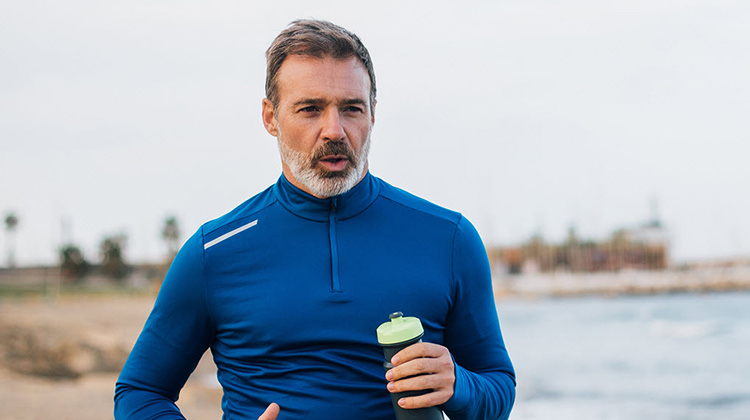One of the most important responsibilities you will have after getting your kidney transplant is following a prescribed and complex medication regimen.
Taking immunosuppressant (anti-rejection) medications will be required for the rest of your life. Read the full article on CareDx.com.



